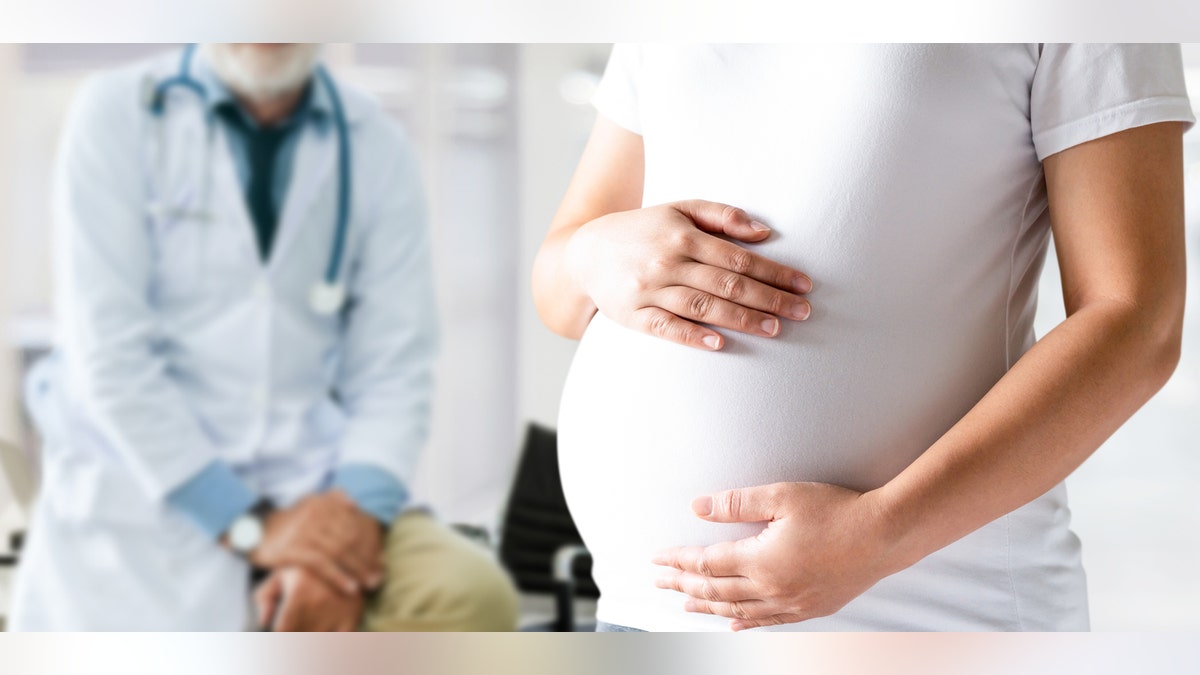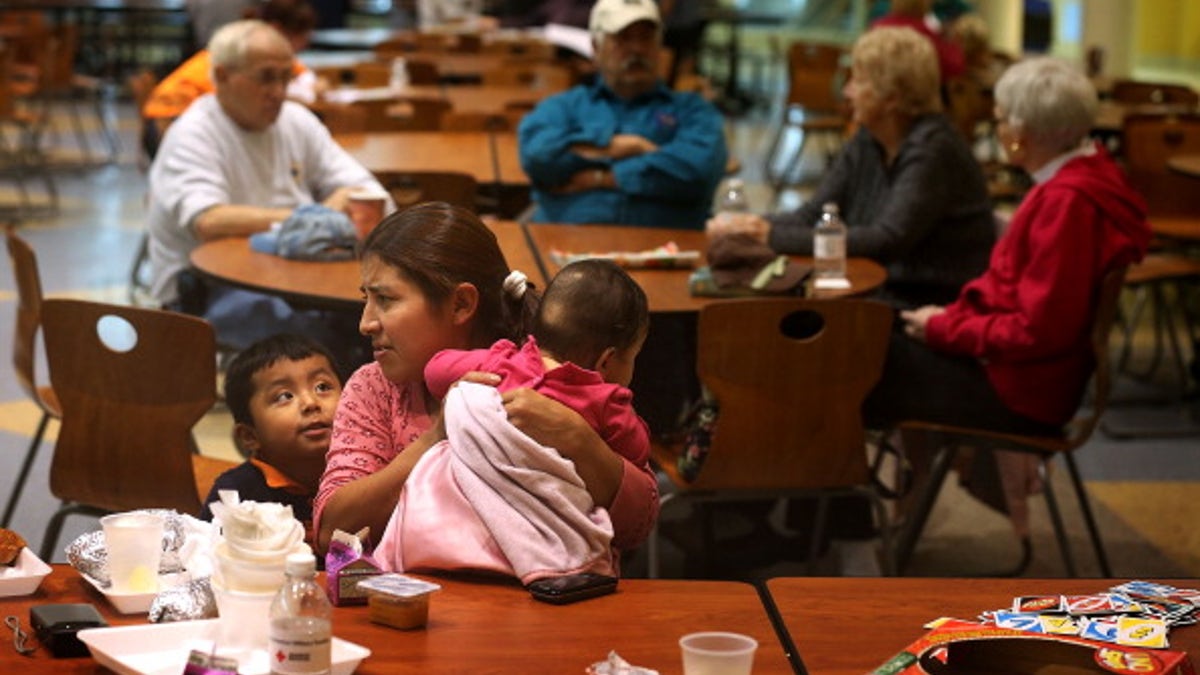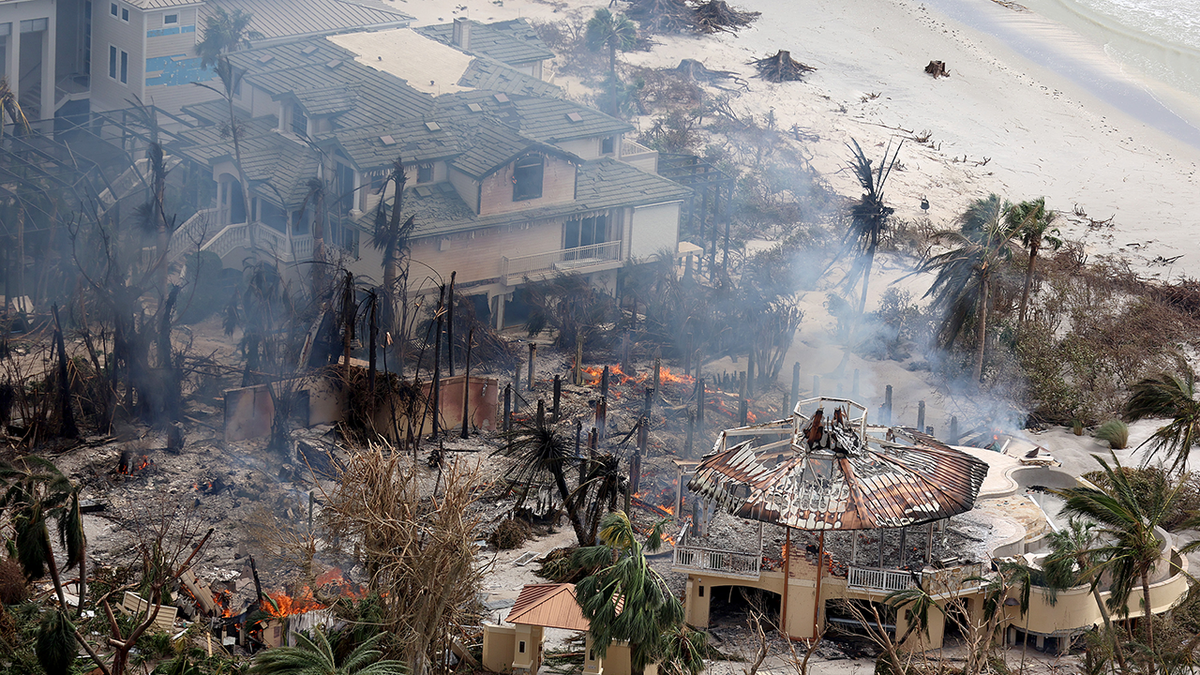Gutfeld: Climate change causes online hate
'Gutfeld!' guests discuss a study where researchers found that people get more angry on social media when it's hotter outside.
Babies in the womb can be negatively affected by climate change, argued one opinion writer in The New York Times Wednesday.
The opinion piece written by Jessica Grose was headlined, "The Effects of Climate Change Can Begin in the Womb." Grose based her claim on a study published in The Journal of Child Psychology and Psychiatry, which followed kids who lived through Hurricane Sandy while in their mother's womb, and kids who were born before or were conceived after the storm. According to the Times, the study found elevated psychological issues in kids who lived through Hurricane Sandy while in utero.
"The study’s authors found that boys who were exposed to Sandy in the womb had elevated risks for "attention-deficit/disruptive behavioral disorders," while girls had elevated risks for anxiety disorders, depressive disorders and phobias," Grose wrote.

The New York Times cited studies which found increased risk for developing ADHD and anxiety disorders in kids who lived through Hurricane Sandy while in utero. (iStock)
IN WAKE OF DOBBS V. JACKSON, NEW YORK TIMES COLUMN PRESENTS ABORTION AS ‘FAMILY VALUE,’ ‘MORAL GOOD’
The columnist searched for solutions to the problem since climate change wasn’t "going away anytime soon — even if humanity suddenly got our collective act together and started doing more to ameliorate it— and pregnancies will continue to coincide with hurricanes, tornadoes and floods."
She reached out to one of the study's authors who said parents weren't to blame, and called for policymakers to "invest in communities for children and pregnant women" to study the long-term affects of disasters on children.
But the Times columnist called other measures simply a "Band-Aid" to solve the problem of climate change. She ultimately pushed for climate legislation as the solution.

Local residents take shelter in Delaware as Hurricane Sandy approaches. (Getty)
"The burden cannot be on any individual to fix a problem…While, yes, we can ask for increased screening of children who are exposed to natural disasters in utero, that feels like putting a Band-Aid on a deep wound. It’s an inadequate fix to a problem that will cascade over our lives, and our children’s lives, for years to come," Grose stated.
CLIMATE FOR KIDS: CARTOON USES ANIMALS TO ADDRESS INS AND OUTS OF CLIMATE CHANGE
After citing the Inflation Reduction Act, Grose suggested more aggressive legislation was needed.
"[B]ut for every delay there’s another disaster, another storm flooding people out of their basement dwellings, another generation of parents left to care for children, potentially not knowing the causes of psychological issues, without the resources to deal with those issues and not enough being done to counter the trend of climate disasters," she concluded.

A home burns after Hurricane Ian passed through the area on September 29, 2022 in Sanibel, Florida. The hurricane brought high winds, storm surge and rain to the area causing severe damage. (Joe Raedle/Getty Images)
CLICK HERE TO GET THE FOX NEWS APP
After Hurricane Ian hit Florida and South Carolina last month, some in the media used the opportunity to bring up their concerns about climate change and link it to seemingly unrelated issues.
A guest essay in the paper claimed Florida was targeted by the storm because of Florida Governor Ron DeSantis hadn't taken enough measures to combat climate change.
Another article in the Washington Post claimed hotter temperatures due to climate change, fueled a rise in hate speech.

